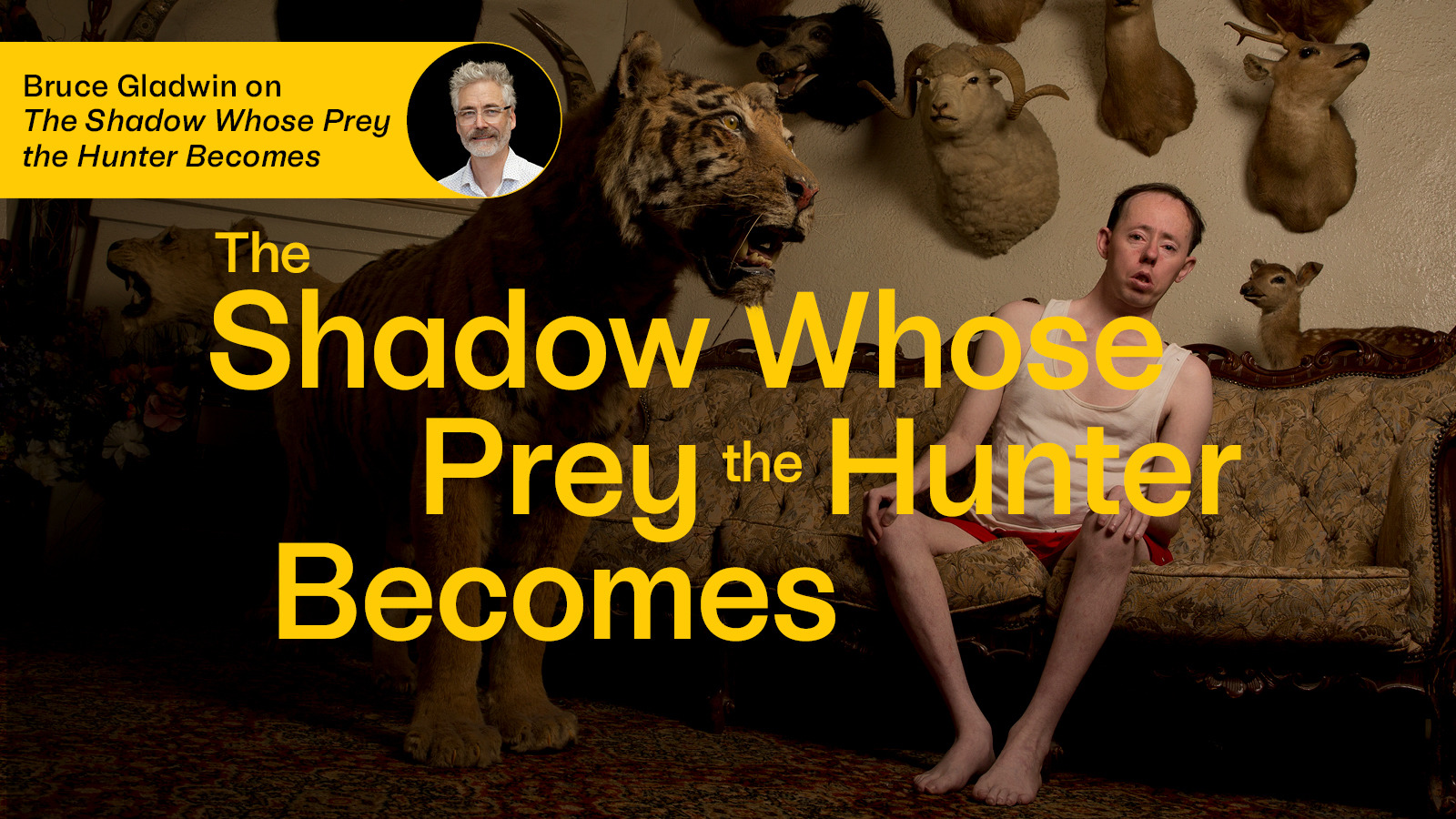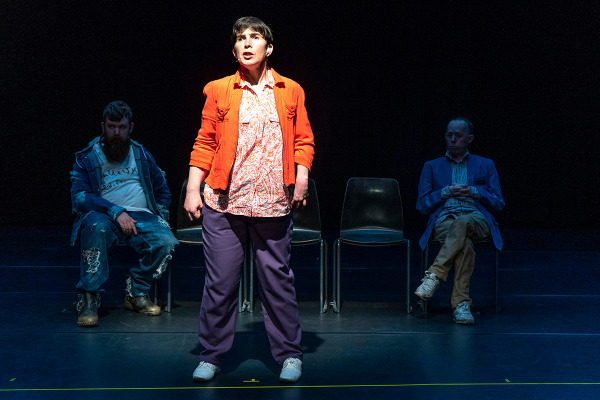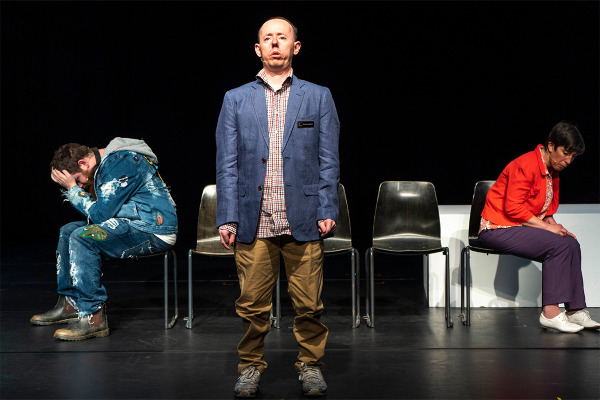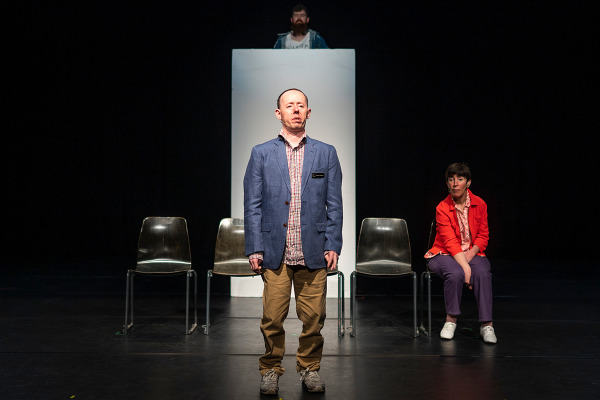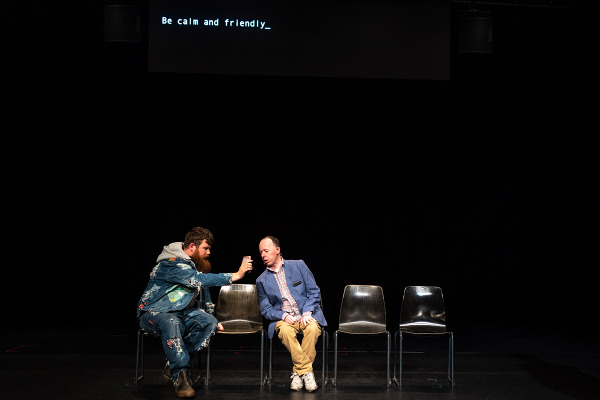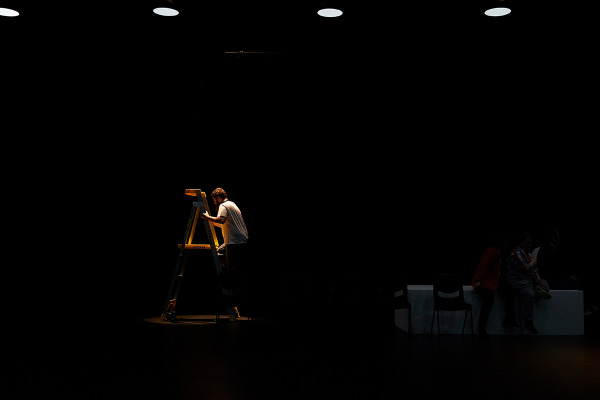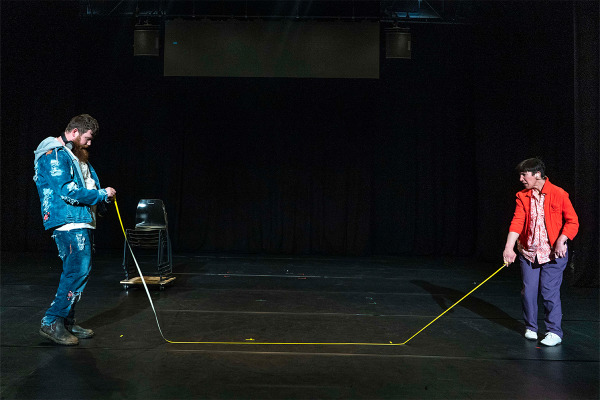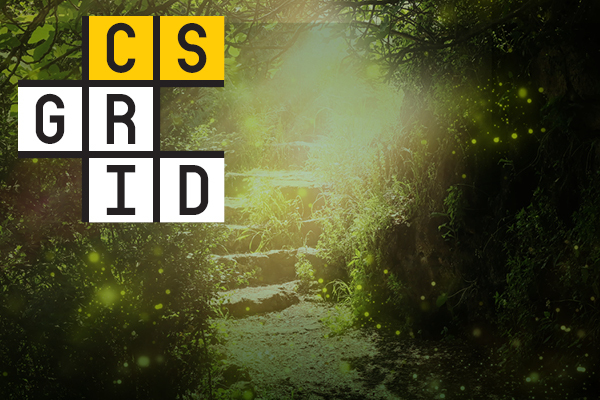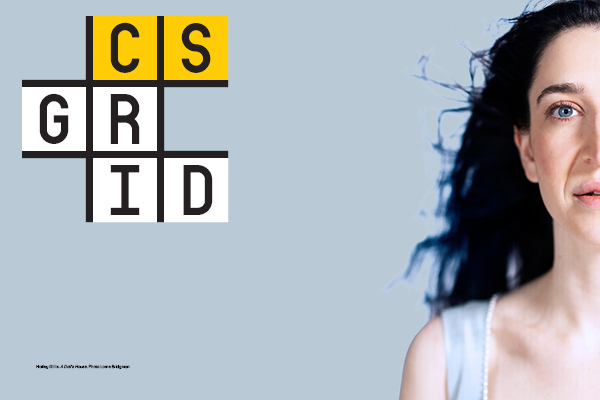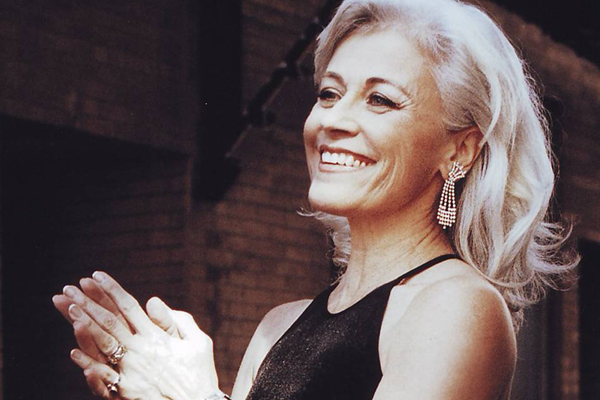Interview courtesy of Festival TransAmériques (FTA)
Can you tell us about the origin of The Shadow Whose Prey the Hunter Becomes?
The work came about through a story we read in The New York Times about a group of 32 men with intellectual disabilities in Iowa. They’d been placed in a work program at a turkey processing plant for their entire working lives and paid a very small allowance. Slave labour, in short.
We thought that we’d have a go at telling that story. We did a showing to a small audience and it was terrible because the actors were trying to speak with American accents and it was all so earnest. In complete frustration, one of the actors, Scott, just stood up at the end and said, “Sorry this showing was terrible, but here is why this story is important.” And he delivered his speech like an activist, in a very direct, succinct and passionate way.
Was it this direct address that showed you the direction to take?
Despite our explorations of various theatrical forms, we’d never talked directly to the audience in a sustained way. So yes, that was a starting point. We thought this piece could be a way for the actors, as people with intellectual disabilities or neurodiverse, to explore some of these stories and issues from a positional experience. We always try to make stories that are relevant to our actors, but that also speak to a really broad audience. Often, with disabled artists, audiences assume that what happens on stage is autobiographical or drawn from personal experience.
We wanted to undercut that assumption with a device that would initially make the audience believe that the play is about the people on stage, but then flick it back with a dramaturgical twist where the audience goes, “Oh, this is actually about us.” So at first it’s a townhall meeting where a number of issues are brought up, but the main driver is the discussion about the future, about artificial intelligence and how it’s going to affect society. And then it was a matter of making sure this didn’t lapse into tropes. You know, the machines taking over. The show’s title is a reference to a Charles Perrault folktale about a dog that has prey in its mouth but gets distracted by a movement, and drops the prey to go chasing after its own shadow. So the idea of having something but then losing it is an analogy or illustration of the position of the audience.
We also worked with a contemporary jazz band, the Luke Howard Trio. So the composition of the play was carried out in the rehearsal room with the band. There’s something about a jazz trio that makes you think it’s improvised, real, spontaneous. That was a very enjoyable aspect of making the work, that interaction between the musicians and the actors. Having that larger ensemble to improvise the music and textures in the space.
Read the full online article here.
Tickets to The Shadow Whose Prey the Hunter Becomes is now on sale.
On Stage January 18 - 28, 2024
Buy Tickets

